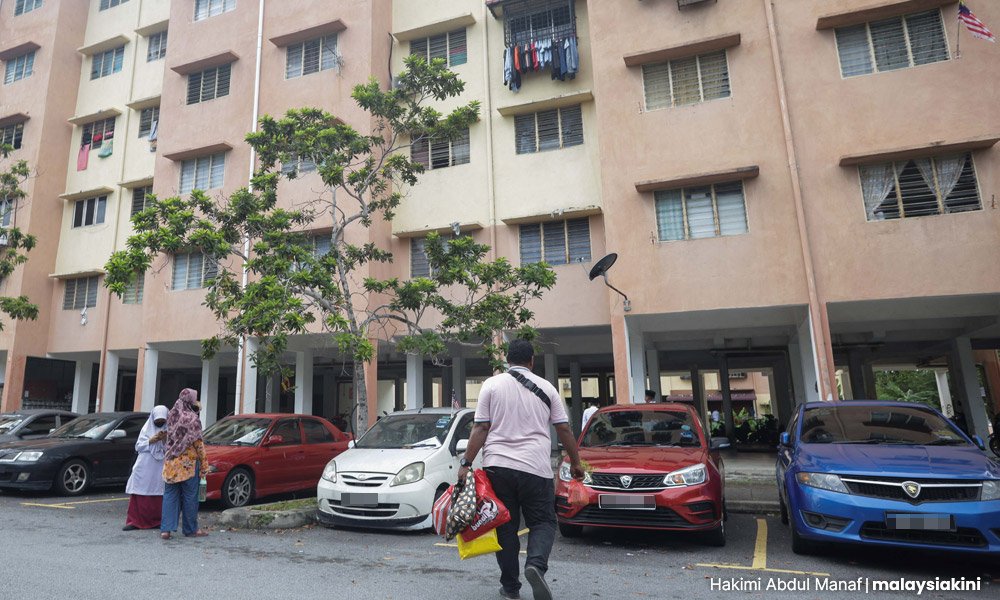Bank Negara Malaysia (BNM) Governor Nor Shamsiah Mohd Yunus has explained that the fluctuations in the value of the ringgit are reasonable and a currency decline does not necessarily mean the economy is weaker.
However, she pointed out that there was a need for reforms to the system.
“When it comes to the ringgit, BNM’s role is to make sure that its value does not swing too fast or too much either way and to allow orderly price discovery. Under a flexible exchange rate, it is reasonable for the ringgit to fluctuate from time to time.
“These adjustments allow the domestic economy to adjust to global economic and financial shocks. We saw this during the US Federal Reserve’s rapid and large interest rate adjustments last year, which caused huge shocks to the global economy,” she said at the BNM Sasana Symposium 2023 today.
Shamsiah highlighted that a declining ringgit did not necessarily mean that the economy was struggling.
“At one point, the ringgit declined as much as 11.5 percent between end-March and early November, before appreciating by 7.8 percent towards the year end.
“Yet the real economy grew by 8.7 percent during the year, thanks in no small part to the ringgit’s role as a shock absorber,” she added.
Shamsiah said that in recent weeks, the ringgit has come under renewed pressure, which underscored the need for more than short-term solutions.
“We need structural reforms that will strengthen our growth prospects and encourage more investment opportunities. This will increase demand for the ringgit and secure a more enduring appreciation in its value over time.
“Ultimately, to secure our future, the country must stay the course in implementing vital reforms,” she added.

She also announced the impending launch of Malaysia’s cross-border QR payment linkages with Indonesia, Thailand, and Singapore.
Customers of participating financial institutions can now make retail payments by scanning QRIS, Nets, and PromptPay QR codes via mobile banking or e-wallet apps, she said.
OPR rate debates
The governor said with the economy gaining strength, macro policies such as the Overnight Policy Rate (OPR) must be adjusted.
This was necessary to ensure that our broad macro policies match our economic realities.
“At the same time, we recognise that although the overall economy is in good health, there are some who are still facing economic challenges.
“However, given that the OPR is by design a blunt tool to deliver price stability, more targeted measures are in place to help those who may be facing difficulties in meeting their monthly loan repayments.
“Help continues to be available through banks or the Credit Counselling and Debt Management Agency, which can work out new repayment arrangements tailored to individual circumstances.”
In this way, policies can work to deliver what the economy needs, she added.
Through swift action in managing inflation, the governor said Malaysia has been able to move in a measured and gradual way, avoiding large and more disruptive adjustments which would have been much more costly for the economy.
“We are still experiencing high and elevated inflation, partly due to strong demand. Yes, some cost pressures are coming down, but it has not translated to the final prices of goods because demand remains high.
“If we do not manage excessive price pressures like we see in some other economies, this will affect everyone through lower purchasing power,” she said.

Shamsiah warned that the B40 and vulnerable groups will be the most affected if the country lets inflation get out of hand, and if sustainable growth is not preserved over the longer term.
Communicating with the people
In March, BNM published its annual report, along with the Economic and Monetary Review, and the biannual Financial Stability Review. This is in addition to its quarterly bulletins.
“These reports describe how we have discharged our mandates over the past year, and provide our thinking, analyses and assessments on the economy and financial system.
“In the reports, we also discuss important ideas and pressing issues affecting the economy and financial sector that help inform and shape long-term initiatives that are necessary to strengthen our economic fundamentals.
“One of the ways we hold ourselves accountable to the rakyat through our flagship publications is by explaining the key considerations behind the decisions and measures that we take, and the priorities that guide our work,” Shamsiah said.

In recent weeks a BNM team has been travelling across the country, meeting with members of the public, businesses, community leaders, and students, she added.
“This is not just to explain our work, but to also hear from them to get a better pulse of the nation. We will continue to simplify our messages to make them more relatable and easier to understand.”
Shamsiah pointed out that domestic economic activity has already exceeded pre-pandemic levels.
“From real wages and employment prospects to investments and domestic demand, various indicators point to relative strength in our economy.
“This underscores the importance of a solid foundation. We entered the pandemic crisis economically stable and well-buffered. We could not have achieved this without our sound fundamentals and the conventions of measured and evidence-based policymaking,” she said.
The governor urged the fortification of defences against crises.
“We must critically examine our priorities to increase our growth potential and meet sustainable goals.
“We must rebuild the buffers we have drawn down on to strengthen our resilience to future shocks. And we must enhance our capacity to adapt and change to manage risks and exploit opportunities that we may not yet see today,” she added. - Mkini




No comments:
Post a Comment
Note: Only a member of this blog may post a comment.